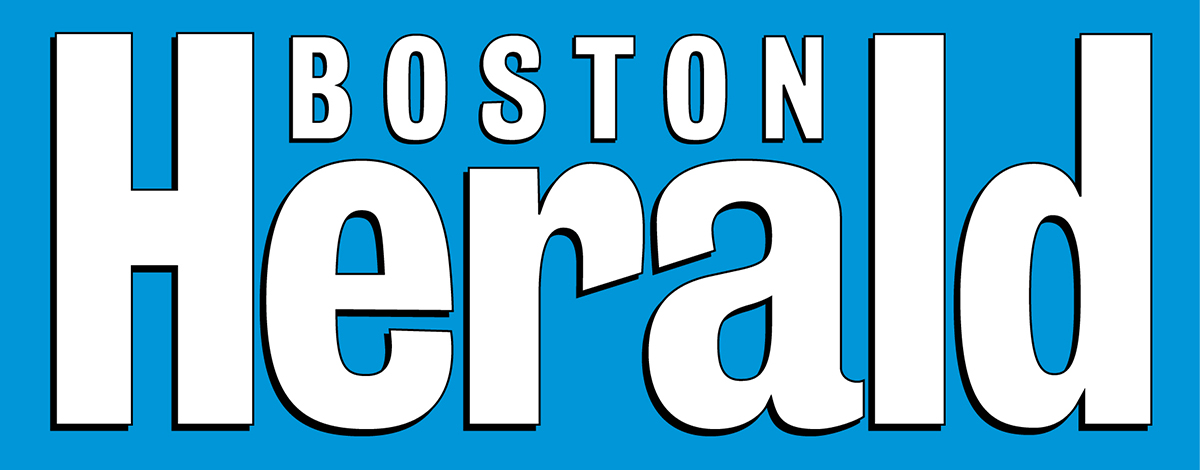Boston Herald Kills Clunky Old Site, Unveils Sleek New Site

Boston Herald
Everyone’s favorite local tabloid, the Boston Herald, finally nuked their website and replaced it with a slick, responsive design that is similar to what many other publications are implementing across the industry.
The new design, heavy on large pictures and sparse on small text, went live with little fanfare sometime late Tuesday night. The Herald did not appear to announce the redesign was coming in the days before it went live.
The site’s new look is a major departure from the clunky trainwreck it once was. The site was notorious among news junkies for frequently crashing browsers with Shockwave errors and its use of dreadful autoplay videos.
In interviews, Herald staffers said the change to the brighter and faster new site was done primarily with mobile users in mind.
“Our goal here was to really enhance the experience for our mobile users. There is a shift that everyone is seeing between mobile and desktop, and we’re at a point where mobile users are probably going to surpass our desktop users,” said Jennifer Morse Gallagher, the Herald’s vice president of digital operations.
Gallagher said the Herald’s traffic is split, with 52 percent going to desktop, 33 percent to mobile, and 15 percent to tablet. The site, she said, needed a major revamp in order to keep up with the rising number of users not visiting from a standard desktop.
Users on mobile devices without the Herald’s app have had to expand and adjust the site in order to make it readable on a mobile platform.
“We thought the responsive design would be easier to maintain. It’s one URL across all platforms and devices. That’s kind of the reason we went with the redesign,” said Gallagher.
The Herald does not have web developers or designers on staff, so they contracted out the redesign to the Kendall Square-based Third and Grove, a digital firm with additional offices in Barcelona and San Francisco. Gallagher said the company is available to them on a 24/7 basis and that they are continuing to make some tweaks to the site as it goes through its first week. The site has seen no major changes in traffic and, according to Gallagher, generates 25-35 million pageviews a month with roughly three million of those being uniques visits to the website.
Tom Rose, director of digital news for the Herald, said the site’s new design will not affect the way its reporters gather or write the news because they already operate as if they’re a multimedia company producing content across multiple mediums.
“The writers are writing as they always have. Beat reporters are far more aware now than ever before of what’s going on digitally,” said Rose.
The redesign of the site began over the summer and continue up until its launch on Tuesday night. While all of this was going on, the Herald has quietly worked with Newsbank to digitize all of its archives dating back to the mid 1800s. Gallagher said the company has no immediate plans for what to do with the recently archived back pages, but they are working on some ideas they hope to roll out in the future.
“We’re trying to find fun ways to use all of the archive content we now have,” said Gallagher.
Rose downplayed the notion that the Herald‘s recent digital push, with its online radio station and now, its web redesign, was indicative of a shift away from the daily dead tree.
“I think when people hear digital-first, it means you’re pulling away from somewhere else. I think it’s quite possible for a news organizations to be first in all their platforms. There’s no reason one has to suffer while the other does well,” said Rose.
According to Gallagher, the paper is doing fine and a paywall is currently not on the table.
“As we’ve seen, a lot of newspapers haven’t had much success with that. It’s always a topic of discussion and with the ad blocking issue coming about, it’s definitely more and more something for us to think about, but it’s nothing that we have come close to making a decision on. So, we are not moving to a paywall model,” said Gallagher.
“The Boston Herald is stable, and we are thriving.”


